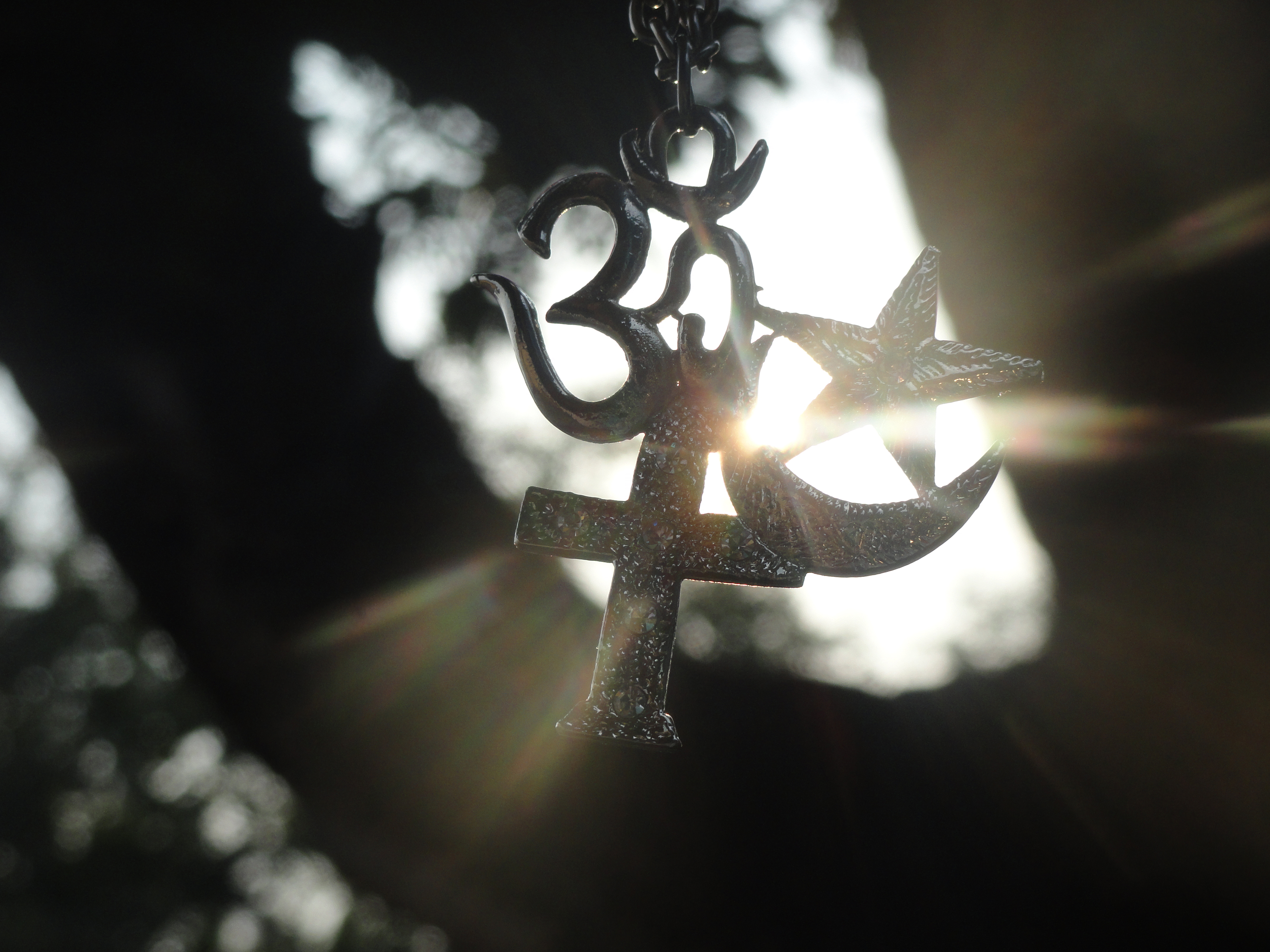As an ‘OCI card-holder’, to speak the language of immigration counters of the international airport in Delhi, I could perhaps say that my life is an instance of the realization of the slogan, ‘Make in India’, that the prime minister has worked so hard to popularize in many parts of the world. His is a call to the capitalists of the world to move their resources to India, mix them in with Indian skills, and produce things from India for the world market. Well, as an academic based in the United States of America, today I am, as we say in Indian English, ‘that only’: my parents migrated from what is now Bangladesh to mix their ‘skills’ and produce me in India, just a year and a half after the nation freed itself from colonial rule. Once a young apprentice to some great Indian teachers of anti-colonial history, I learnt and honed my basic academic skills in Indian institutions. I am now a piece of human capital, made in and exported from India, but tied for life — through ties that are just as emotional as they are professional — to this ancient land called Bharat. The land is, indeed, ancient. We forget that sometimes as we get caught up in the winds of change that blow though the corridors of our economic and political discourses, but the ancient nature of the land does not go away. Certain things — however lost they might seem in the hurly-burly of the now — happen every now and then to remind me of the values I have always thought of as deeply subcontinental — civilizational — one might say, if that word had not become so tainted. These experiences restore one’s faith in the future of the place. They make you aware that the future is not only about the rate at which the economy grows — that matters no doubt — but it is also about what kind of a people we become.
I experienced this particular mix of India, ancient and modern at the same time, on a recent Air India flight that I took from Chicago to Delhi. What was modern about the plane was mostly broken, like some of our new fancy flyovers in Calcutta. I was taken from my assigned seat that would not stretch when you pushed its buttons to another that turned out to be even more broken than the one assigned to me. The stewardesses, well behaved and patient to the core, could not fix the bed but produced a metal box to act as my footrest while they dragged the mattress of my seat by hand to cover the box so that I was protected from the touch of the cold metal. I smiled to myself at the thought that my university had bought me a discounted business class ticket — perhaps this was what the deal was, a broken business class seat at a discounted price. But my smile was also about this instant illustration of what Indians call jugaar. What looks modern in India is often broken, or at least ineffective. We struggle to fix it and, when successful, feel justifiably proud of our bricoleur skills, our endless capacity for improvisation, jugaar. And on this particular flight, the modern was not helped by attitudes you might describe as traditional. The business class was full of geriatric Indians like myself, all seemingly flying to the mother country to see families during the festive Diwali season. Given the Indian penchant for using water, the bathroom floor got flooded in no time, the toilet paper on the rolls got wet, and you sometimes even encountered the old lady who trusted her feeble hands more with the job of keeping the bathroom doors shut than the fancy locking device provided by the manufacturers of the aircraft. I accepted all that in good humour, for this gave a foretaste of India even before I landed. Indeed, the broken modern calls for jugaar.
All this was unsurprising. But a surprise, a very pleasant and moving one, was waiting for me. Across the aisle from me was a Gujarati gentleman, in his eighties and very diabetic, who needed help with getting up from his seat and with moving around. The stewardesses helped him, uncomplainingly. But what took my breath away was something that I could never imagine happening in an American airlines or maybe even a European one. All kinds of question relating to health, hygiene, legal responsibility would have stood in the way and prevented it from happening. I woke up to see this old and infirm gentleman being hand-fed, spoonful by spoonful, and with infinite patience and care, by a stewardess who had obviously decided to combine in herself the dual roles of a nurse and an air hostess, all expressive of an ethic of care that in my aging patriarchal head I could only think of as motherly! Motherly or not, there was something deeply human and humane in that care. A moment of humanity my life in the West had not readied me for and yet one that from old memories of my Indian life seemed rare but not unfamiliar.
There is a long tradition in the subcontinent of finding fleeting, temporary, but enormously moving emotional resolutions to problems for which we possess no long-term systemic solutions. This is rooted in our oral traditions and written texts, in our musical, cinematic, and performance traditions that in turn owe something to our religious inheritances no doubt but which find broadly secular expressions in our everyday life. Which is why a genuine encounter with compassion (daya, karuna), sacrifice (tyag), selfless service (seva) move us deeply. They renew us and give us the strength we need to cope with all that does not work in our everyday life and whose mundane failures we know all too well through our moments of frustration, anger, bickering, conflict and violence. Yet I knew, when I watched the young woman help the old man with so much care, that I was witnessing a moment I had seen celebrated in the texts — and I include films in this category — of our culture. By ‘our’ culture, I do not mean something that belongs exclusively to Hindus or to the Republic of India. I mean something that I could have seen in Pakistan, Bangladesh, Nepal or Sri Lanka as well. For all I know, the air hostess could have been a Muslim or a Christian. Nor do I know the religion of the gentleman concerned. I only know that the scene that unfolded before me was made possible by things much deeper and older than our recently forged nation states and their newly-minted animosities. It was nothing less than, if I may once again use a word that has now fallen into disrepute, civilizational, something of a cultural code that has managed to survive the crassness of money and power otherwise so visible in the subcontinent today. It was for me a reassuring moment of deep hope.












